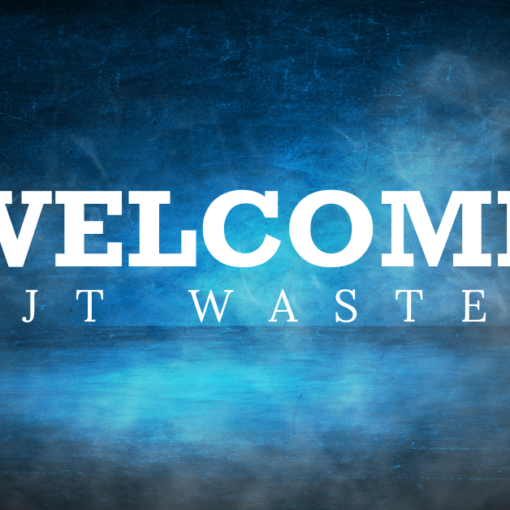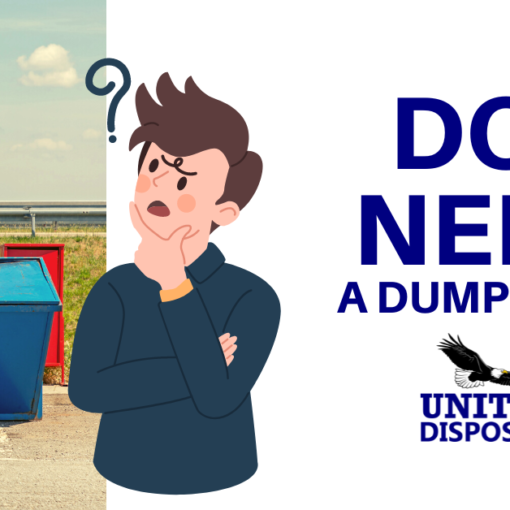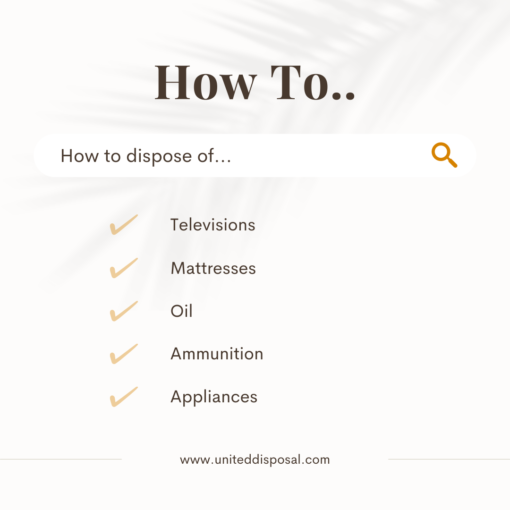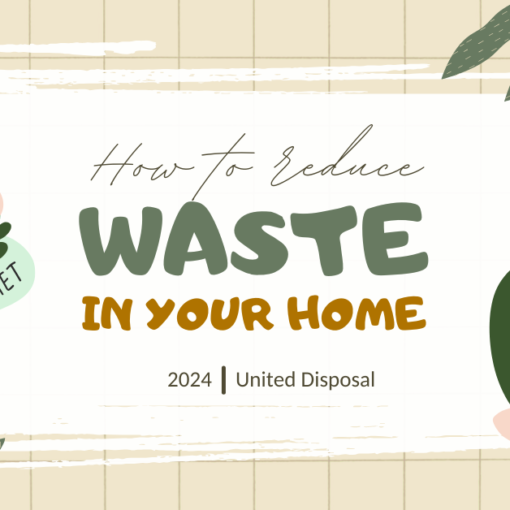
Disposing of hazardous waste requires unique protocols, much unlike your usual everyday trash disposal. But, in order to properly dispose of hazardous waste, you must first understand what exactly hazardous waste is!
What is Hazardous Waste?
When most people think of hazardous waste, they think of the green sludge that can sometimes give people, or even turtles, superpowers. That’s not exactly what we mean when we mention hazardous waste. What a lot of people don’t know, is that hazardous waste can be everyday items.
Things like car batteries, oil, appliances, even cell phones can become hazardous when is comes to disposal. If something can become ignitable, reactive, corrosive, toxic, or explosive under certain conditions; chances are it’s hazardous waste.
The first step to disposing of hazardous waste is understanding what can be put into your regular trash, and what needs special handling. Do your research and familiarize yourself with what your specific waste disposal accepts. If you can put your waste in your regular trash can, such as traditional lightbulbs and AA batteries, then do so! If not, research where your waste can go.
If you have items that need to be disposed of, but your disposal company doesn’t accept them, look for local specialized drop-off locations or mail-in services available for the specific type of hazardous waste you need. Most counties and local governments have specific facilities (Paulden Transfer Station) to dispose of hazardous waste. Some corporations, such as Best Buy, will also accept electronics for in-house recycling. Check with your local retailers to see if they accept specialty hazardous waste.
Why it’s Important to Dispose of Hazardous Waste Properly
There is a reason why we call it hazardous waste. As dangerous and unpredictable trash, hazardous waste can pose a threat to everything and everyone around it. Sometimes it’s easy to tell that something is hazardous (like gas, asbestos, or medicines)- bust most of the time it’s easy to miss.
Improper disposal of hazardous waste can do a lot of harm. It can:
- Pollute the environment
- Physically hurt sanitation workers trying to do their job and not expecting dangerous items like needles
- Contaminate septic tanks and wastewater treatment through pouring dangerous chemicals down the drain or toilet
- Harm children or pets if left somewhere in reach at home
- Create long-term health issues for employees if not properly stored in workspaces
Hazardous waste is dangerous, as a result, it is vital for both businesses and individuals to be pro-active on properly disposing of hazardous waste.




